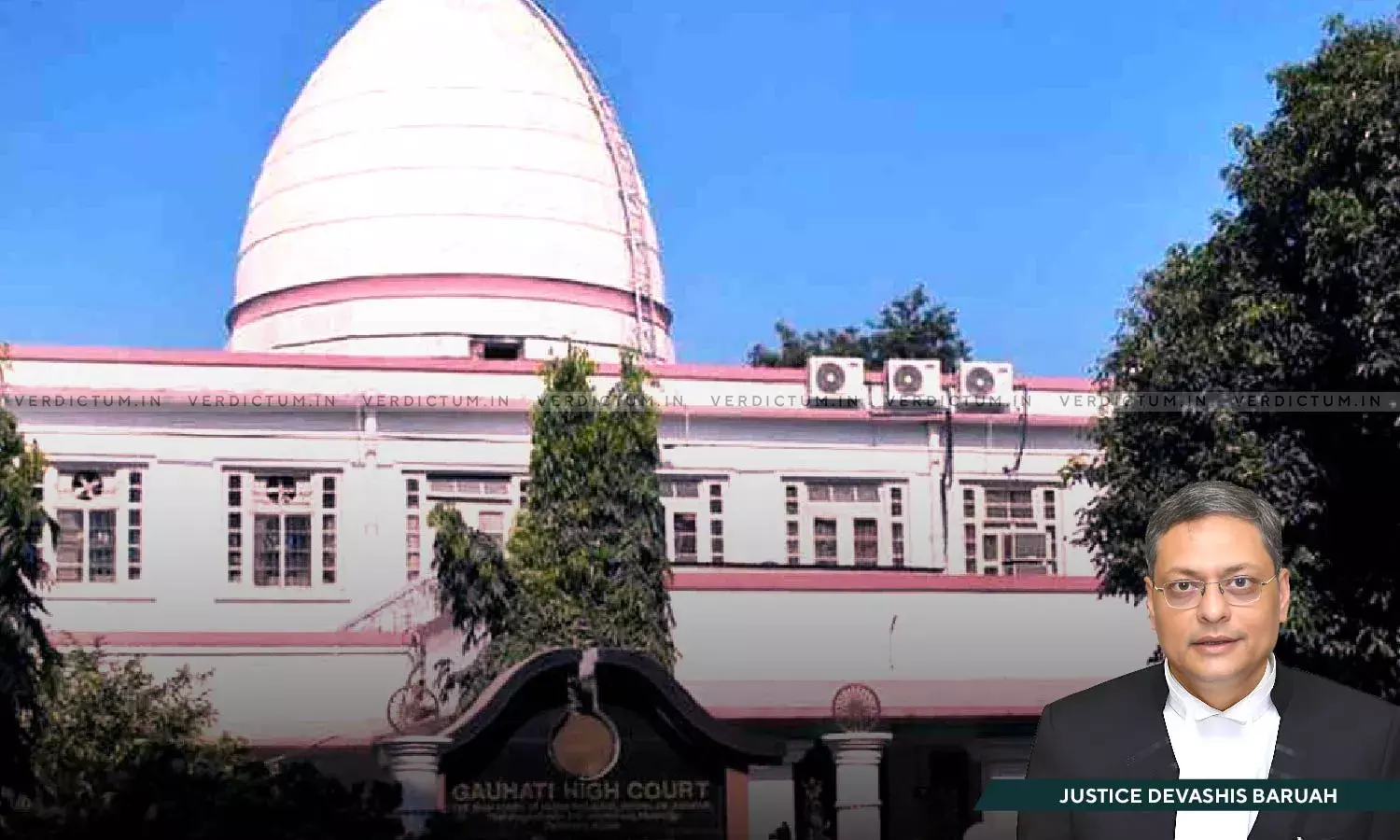Output Tax Paid By Supplier From Its Electronic Credit Ledger Is Reimbursable: Gauhati HC

The Gauhati High Court has ruled in favour of HCC-CPL (JV) in a case related to the reimbursement of GST on the differential amount of price variation on steel, and has granted the petitioner the right to claim a refund of the input tax credit on the purchase of steel, which was utilized to pay the output tax during the supply of steel to the Railway Authorities.
The High Court has further directed the respondent (Railways) to pay the PVC claims of HCC-CPL (JV) as per the contract.
The Single Judge Bench of Justice Devashis Baruah observed that “In view of Section 49, the said amount lying in the electronic credit ledger can be used for payment of output tax, penalty etc. Therefore, when the supplier pays the output tax from its electronic credit ledger, it would amount that the supplier had paid the output tax which is reimbursable. In that view of the matter, the amount paid from the electronic credit ledger has to be taken into consideration while computing the PVC Claim”.
Advocate D Mozumder appeared for the Petitioner, whereas SC NF RLY appeared for the Respondent.
In the present case, the Petitioner, a joint venture, participated in a tender process for the construction of a Single Line BG Tunnel between Tupul and Imphal as part of a railway line project. After being awarded the contract, the petitioner entered into an agreement with the respondents. The question in this writ petition was whether the petitioner was entitled to reimbursement of GST on the differential amount of price variation on steel.
While referring to the case of Union of India vs. V.K.C. Footsteps India Private Ltd. [(2022) 2 SCC 603], the Bench observed that the input tax credit in the electronic credit ledger can be utilized for making payments towards output tax under the Central Goods and Services Tax Act (GST Act) or the Integrated Goods and Services Tax Act (IGST Act). Similarly, the amount available in the electronic cash ledger can be used for making payments towards tax, interest, penalty, fees, or any other amount payable under the GST Act or its Rules.
Accordingly, the Bench clarified that after the payment of the required amounts, any balance remaining in the electronic cash ledger or electronic credit ledger can be refunded as per the provisions of Section 54 of the Act.
The Bench further observed from a reading of Clause 2, 7 and 12 read with Annexure-B to the Joint Procedural Order No.1/2020, that the Petitioner would be entitled to the GST neutralization concerning the difference in the amount of the liability arrived at as per the Pre-GST Taxes and Post-GST Taxes.
“GST legislation is a destination-based tax meaning thereby GST is a consumption-based tax and would effectively tax the consumer of such goods or services or both at the destination thereof or as the case may be at the point of consumption,” added the Bench.
Thus, the High Court held that the petitioner supplying steel to the Railways, the Railways were considered the end user, and therefore the Railways were required to bear the brunt of the final tax amount upon the supply of steel.
Cause Title: HCC-CPL (JV) v. The Union of India and Ors. [Neutral Citation: GAHC010072562021]
Click here to read/download the Judgment

